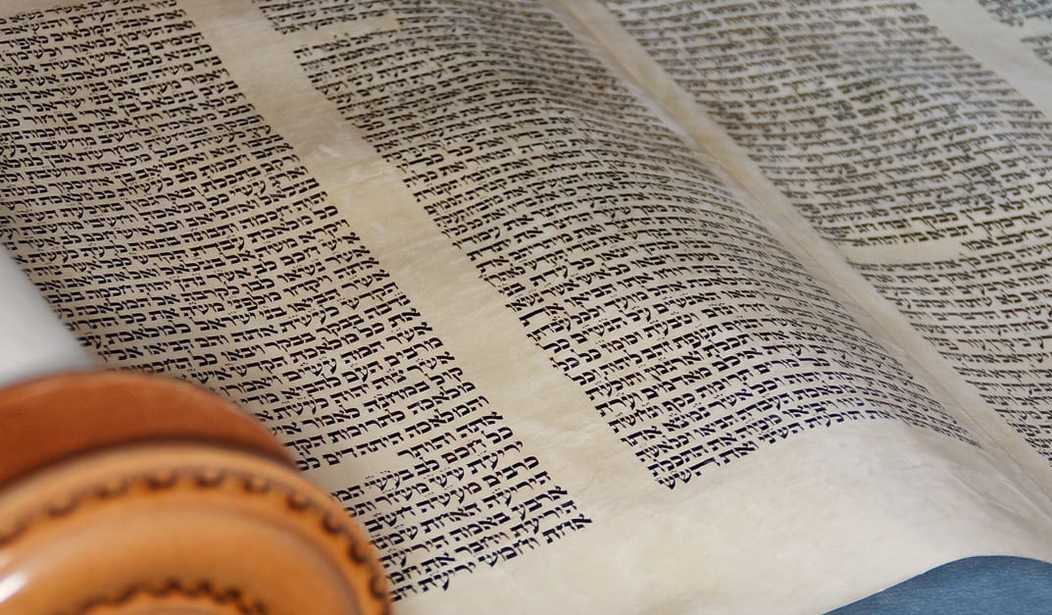A few weeks ago, I started a reading plan that takes me through the Bible in a year in chronological order. I’ve made it to the point in the Old Testament that has derailed many a Bible reader, despite the best of intentions – the dreaded book of Leviticus.
For those who aren’t familiar with Leviticus, it consists primarily of laws. It was basically the uniform code of the nation of Israel, concerned with detailed descriptions of sacrifices, dietary laws, and do’s and don’ts, so it’s not the most exciting of reading. Here’s a sample:
The Lord said to Moses, 2 “Say to the Israelites: ‘When anyone sins unintentionally and does what is forbidden in any of the Lord’s commands—
3 “‘If the anointed priest sins, bringing guilt on the people, he must bring to the Lord a young bull without defect as a sin offering for the sin he has committed. 4 He is to present the bull at the entrance to the tent of meeting before the Lord. He is to lay his hand on its head and slaughter it there before the Lord. 5 Then the anointed priest shall take some of the bull’s blood and carry it into the tent of meeting. 6 He is to dip his finger into the blood and sprinkle some of it seven times before the Lord, in front of the curtain of the sanctuary. 7 The priest shall then put some of the blood on the horns of the altar of fragrant incense that is before the Lord in the tent of meeting. The rest of the bull’s blood he shall pour out at the base of the altar of burnt offering at the entrance to the tent of meeting. 8 He shall remove all the fat from the bull of the sin offering—all the fat that is connected to the internal organs, 9 both kidneys with the fat on them near the loins, and the long lobe of the liver, which he will remove with the kidneys— 10 just as the fat is removed from the ox sacrificed as a fellowship offering. Then the priest shall burn them on the altar of burnt offering. 11 But the hide of the bull and all its flesh, as well as the head and legs, the internal organs and the intestines— 12 that is, all the rest of the bull—he must take outside the camp to a place ceremonially clean, where the ashes are thrown, and burn it there in a wood fire on the ash heap.Leviticus 4:1-12 (NIV)
Those are the directions for the atonement of an unintentional sin, but that’s a good example of what Leviticus has to offer. It’s pretty easy to see why some people give up on reading through the Bible when they make it here – or why people skim over passages like these in a perfunctory way.
We don’t find seemingly tedious passages like this only in Leviticus. In fact, both the Old and New Testaments contain intricate, detailed lists of census figures, genealogies, measurements, and other lists. I used to give in to the temptation to scan over chapters like these, but I’ve come to the realization fairly recently that chapters and passages like these show up in the Bible for a reason.
I believe that we see such details in the scriptures to demonstrate God’s concern for every facet of our lives. The Lord cared enough for the exacting measurements of the Temple, the specific accounting of the generations from Abraham to Jesus, the intricate dietary laws for the Israelites, and more because He cares for His people deeply enough to concern Himself with details.
The old deist view that God created the world and now just sits back simply doesn’t hold water. We see in God’s word how much He cares for the people He created. The Psalmists remind us:
The Lord remembers us and will bless us: He will bless his people Israel, he will bless the house of Aaron, he will bless those who fear the Lord—small and great alike. (Psalm 115:12-13)
As a father has compassion on his children, so the Lord has compassion on those who fear him; for he knows how we are formed, he remembers that we are dust. (Psalm 103:13-14)
—
Image courtesy of Shutterstock.com / Samuel Perry









Join the conversation as a VIP Member